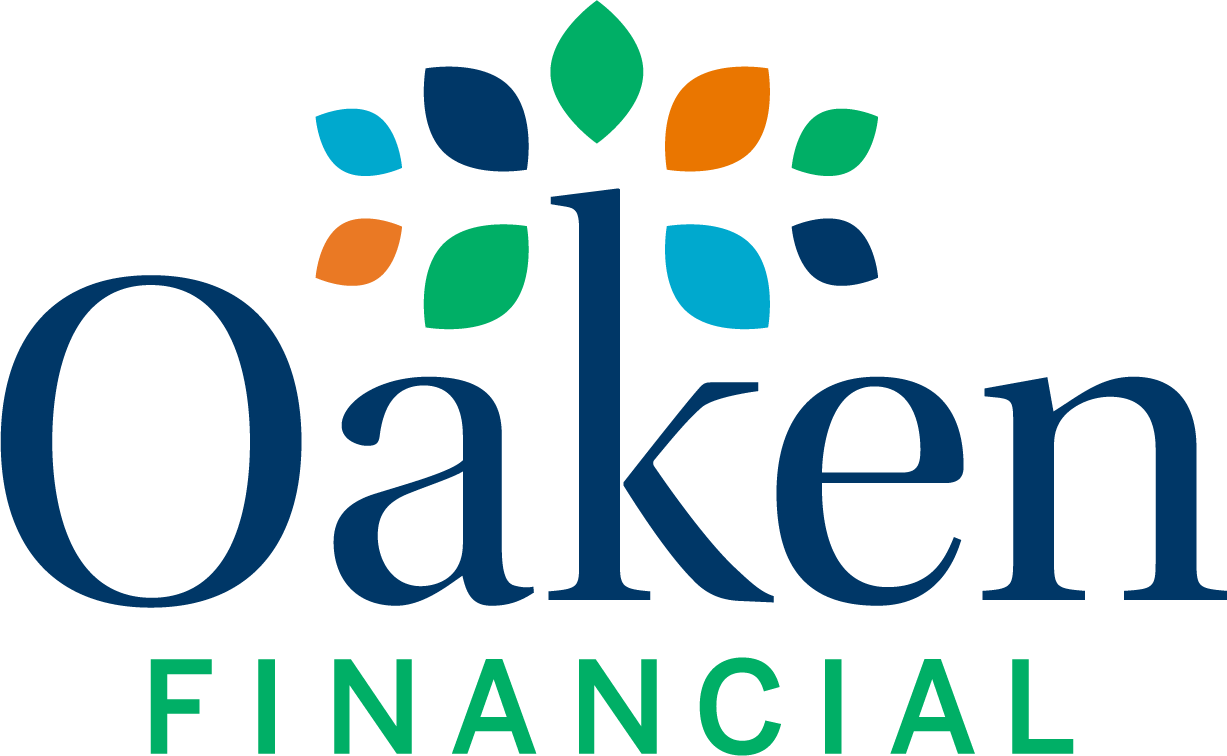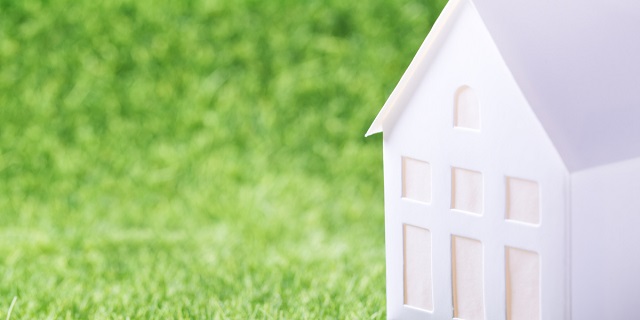Many Canadians aspire to be homeowners but don’t realize how many different costs are associated with buying a property. The obvious things you’ll likely need are a down payment and a mortgage, but there are plenty of other things you will also need to budget for before you start looking for a home. Here are the different costs associated with buying a home and how they may affect you.
Your down payment
In Canada, the minimum down payment is 5% on homes where the purchase price is less than $500,000. If the purchase price falls between $500,000 and $999,999, the minimum down payment becomes 5% for the first $500,000 and 10% for the amount above that. Any home priced over $1,000,000 requires a minimum down payment of 20%. Also note that if your down payment is less than 20%, you’re required to get mortgage default insurance (known as CMHC insurance). The cost of this insurance is rolled into your mortgage.
Your mortgage
There are also different types of mortgage to choose from including either a fixed or a variable rate mortgage. There’s also the terms of the mortgage (the rate of repayment and length of time to repay the loan) and amortization schedule (loan payment schedule) to consider, and the repayment options you choose will affect your monthly payments. Another thing to determine before choosing a mortgage is what prepayment options you have.
For example, some mortgages allow you to increase your payments every cycle and/or allow you to make a lump-sum pre-payment every year. This is beneficial to you as those extra payments go 100% towards the mortgage principal, which means you’ll be paying off your mortgage faster.
Maintenance fees
Depending on the type of home that is purchased, you may have to pay maintenance fees. If you will have maintenance fees, it is important to know exactly what they cover. For instance, some fees may include everything from snow removal to internet access, while some cover just maintenance.
Some condos also charge additional maintenance fees for parking, so if you own a parking spot, your fees may be higher compared to someone who doesn’t have a parking spot. It’s also common for maintenance fees to go up quite a bit in new construction buildings, so you don’t want to rely on the builder’s estimates. If the home you’re considering purchasing comes with maintenance fees, make sure your budget considers potential increases to those fees.
Closing costs
Even though the purchase price is a defined amount, there are still some additional closing costs that you will need to pay. This includes things like the land transfer tax, legal fees and disbursements, title insurance, and in some cases, sales tax on CMHC insurance. Your real estate lawyer will handle all these things for you and will be able to explain everything if you have any questions.
The cost of being a landlord
If you’re considering the purchase of a rental property, you need to also consider the possibility that there may be times when you won’t have a tenant. For the months when your property is empty, you’re not being paid rent and earning income. That’s why you need to factor in a vacancy rate into your expenses budget.
As a landlord, you’re responsible for maintaining the property, which costs you money for supplies, and there’s also your time to consider. You could hire a property management company, but that’s another cost that will cut into your margins.
Finding the right tenant can also be time-consuming, which is why you may want to work with a realtor who can screen people before they get to you. If you do decide to enlist the help of a realtor, they’ll usually charge you a fee equal to about one month’s rent.



 Saving strategies
Saving strategies